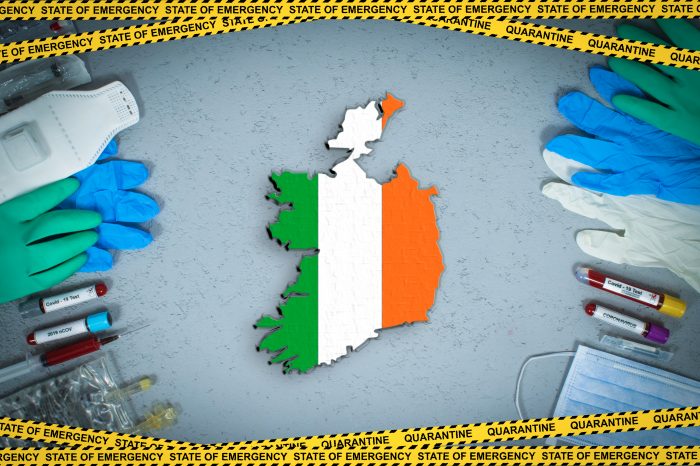Lies and more lies
The European Movement claims that we knew perfectly well what we were doing in joining the European Project. In other words, both our Parliament when it signed the Accession Treaty and the electorate when it voted to remain member of the EEC as it then was in Harold Wilson’s 1975 referendum, were aware that we had signed up to more than just free trade.
In a recent e-mail, the European Movement featured the following article:
Today’s Porky: We only Voted for Free Trade
“We thought we were only joining a free trade zone”
Not true. We were never hoodwinked. We actually left a free trade zone (EFTA) to join the EU, specifically because we felt free trade was not enough. The government, setting out its reasons for applying in 1967, stressed that “Europe is now faced with the opportunity of a great move forward in political unity and we can — and indeed we must — play our full part in it”. And before the referendum in 1975, national newspapers on both left and right were clear that political, not just economic, integration was proposed and would be a positive outcome.
Somehow, the European Movement seems to be suffering from selective amnesia. The mid-1960s was a rare period of honesty about the real nature of the European project. On 17th November 1966, Edward Heath had said, “We should frankly recognise this surrender of sovereignty and its purpose.” Four years earlier, however, the Labour leader Hugh Gaitskell had observed that “The Tories have been indulging in their usual double talk. When they go to Brussels they show the greatest enthusiasm for political union. When they speak in the House of Commons they are most anxious to aver that there is no commitment whatever to any political union.”
One of the earliest pro-EU Tory MPs, Peter Thorneycroft, had stated that “no government dependent on a democratic vote could possibly agree in advance to the sacrifices which any adequate plan for European Union must involve. The people must be led slowly and unconsciously into the abandonment of their traditional economic defences, not asked.”
Heath’s determination to shackle us to the European project at any price meant that, when it subsequently became apparent that support for membership was so low, pro-EU Tories reverted to type and honesty once again went by the board. When the White Paper, The United Kingdom and the European Communities, was published in 1971, no mention was made of plans for economic or monetary union, nor the loss of sovereignty.
Even after our Parliament had signed the Accession Treaty, Heath said, “There are some in this country who fear that in going into Europe, we shall in some way sacrifice our independence and sovereignty. These fears, I need hardly say, are completely unjustified.” Heath had not allowed Parliament to read the full text of the Accession Treaty for he knew it would never have been passed if they did. He had to lie not only to the country but to his fellow MPs in order that they would, in effect, sign a blank cheque.
As for the coverage of the 1975 referendum by the Press, the national newspapers were anything but clear about the political nature of the project. Perhaps the many voters who have subsequently said “I voted to stay in because I thought it was just about trade with a Common Market” did not read the articles fully, but the tone of the “remain” campaign in 1975 focussed on the negatives of leaving: – how isolated we would be; how few friends we would have. The Government leaflet A New Deal in Europe did say “we cannot go it alone in the modern world,” but the focus on all the publicity was on how much of our independence would be preserved, not how much of it was to be surrendered.
In conclusion, it is the European Movement which is telling porkies, not its critics. In the 1960s and 1970s, the rank and file never understood the political nature of the European project – in fact, some people still don’t forty years later.
NB:- the European Movement regularly features so-called “porkies” which, on close examination, usually prove to be correct. Anyone wishing to produce further rebuttals of articles by the European Movement should contact admin@campaignforanindependentbritain.org.uk. The European Movement’s website is http://euromove.org.uk/
(With thanks to the Boiling Frog website and The Great Deception by Richard North and Christopher Booker – always a useful ready-at-hand source of information for rebutting europhiles)
Photo by Kai Hendry 







